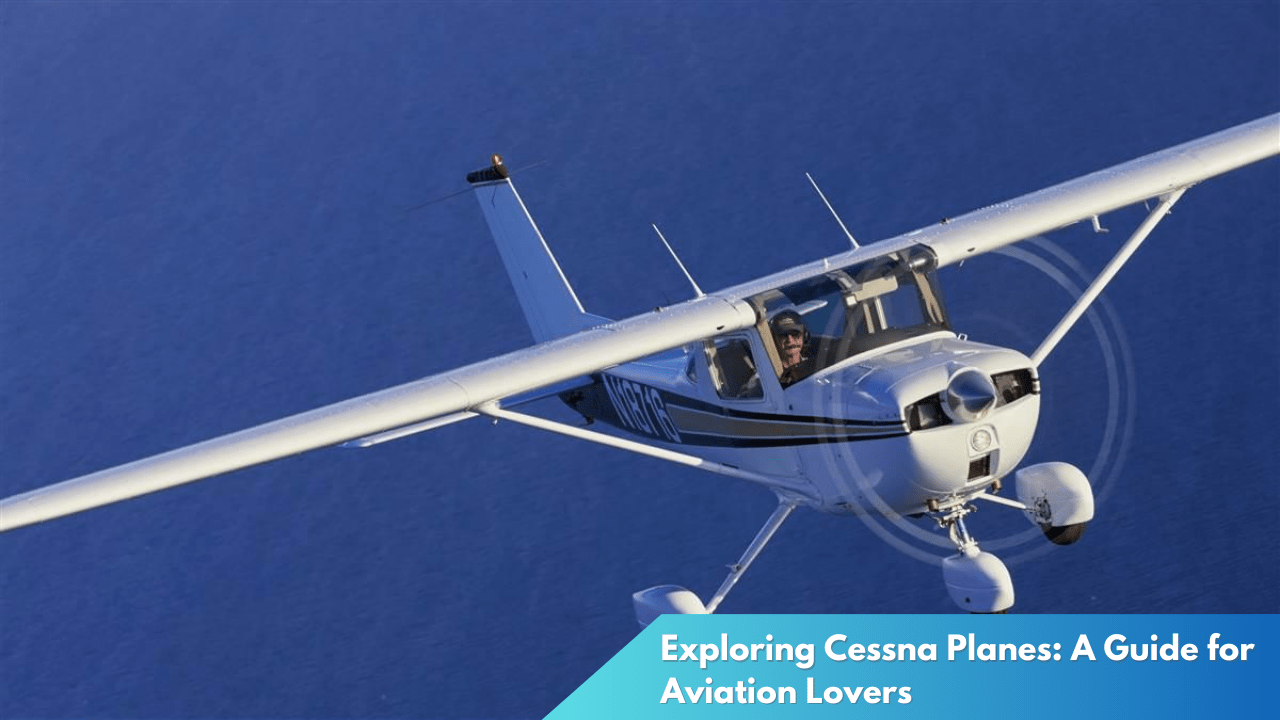Essential Maintenance Tips for Experimental Aircraft Owners
Owning and operating an experimental aircraft is a thrilling venture that combines the joys of flying with the satisfaction of homebuilt engineering. However, maintaining these unique aircraft demands a comprehensive understanding of specialized maintenance practices to ensure safety, optimal performance, and compliance with aviation regulations. This article delves into the essential maintenance tips that every experimental aircraft owner should be aware of, highlighting key strategies and safety measures to keep these innovative flying machines operational and safe.
Key Maintenance Strategies for Experimental Aircraft

Maintaining an experimental aircraft requires a proactive approach, as these aircraft often feature custom designs and systems. One vital strategy is to establish a detailed maintenance schedule that reflects the unique requirements of the specific aircraft. This schedule should include regular inspections and system checks, focusing on critical components such as the engine, avionics, and structural integrity. Keeping a meticulous log of all maintenance activities is essential, as it provides a historical record that can be invaluable for diagnosing future issues.
Another critical maintenance strategy involves staying informed about updates and modifications related to your aircraft model. Since experimental aircraft often deviate from standard designs, staying engaged with the community of builders and pilots can offer valuable insights and updates on safety advisories or performance enhancements. Participating in forums, attending workshops, and subscribing to newsletters can provide the latest information on best practices and component upgrades that may improve the aircraft’s performance and safety.
Furthermore, leveraging professional expertise when necessary is a key strategy to ensure the aircraft’s airworthiness. While many experimental aircraft owners are adept at handling routine maintenance, certain complex tasks should be entrusted to certified mechanics or specialized technicians. This is especially true for critical areas such as engine overhauls, avionics installations, or intricate structural repairs. Building a relationship with a trusted maintenance provider can give aircraft owners peace of mind and ensure that any work done meets the highest safety standards.
Ensuring Safety and Performance in the Skies

Safety is paramount in aviation, and experimental aircraft are no exception. Regularly inspecting and replacing critical safety components such as fuel lines, hoses, and filters can prevent malfunctions that might compromise safety. Particular attention should be paid to the condition of the control surfaces and their linkages, as any failure in these systems can lead to catastrophic results. Implementing a regimented pre-flight check routine can help identify potential issues before they escalate into larger problems.
Optimizing performance goes hand in hand with safety, and one way to achieve this is by embracing modern technology. Installing advanced avionics can enhance navigation and communication capabilities, offering pilots better situational awareness and control. Additionally, performance can be further improved by utilizing lightweight materials and components where feasible, which can reduce the aircraft’s overall weight and enhance fuel efficiency and maneuverability.
Finally, fostering a culture of continuous learning and improvement is essential for maintaining both safety and performance. Attending flight safety seminars and maintenance workshops can provide valuable knowledge on the latest safety protocols and technological advancements. Adopting a mindset that prioritizes ongoing education ensures that experimental aircraft owners remain equipped with the insights and skills necessary to keep their aircraft in peak condition and safe operation.
For experimental aircraft owners, understanding and executing effective maintenance strategies is not just a matter of preserving the aircraft’s value; it is a fundamental duty to ensure safety and performance. By adopting a proactive maintenance routine, staying informed about the latest developments in the aviation community, and continuously seeking educational opportunities, owners can uphold the integrity and reliability of their unique flying machines. Embracing these essential maintenance tips will help ensure that every flight remains a safe and exhilarating experience, fulfilling the adventurous spirit that drives the world of experimental aviation.



